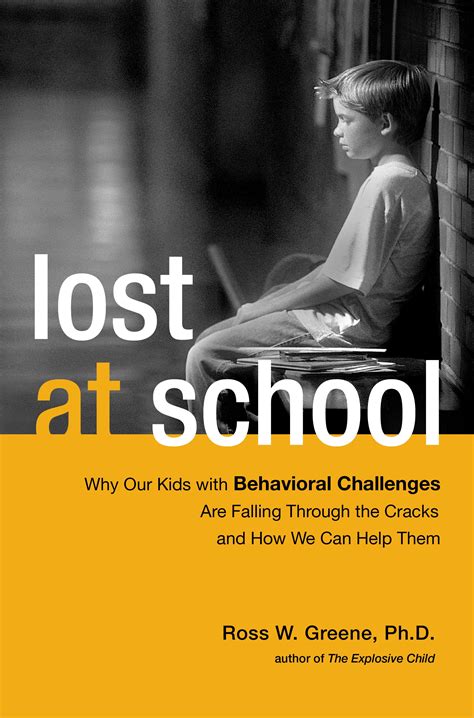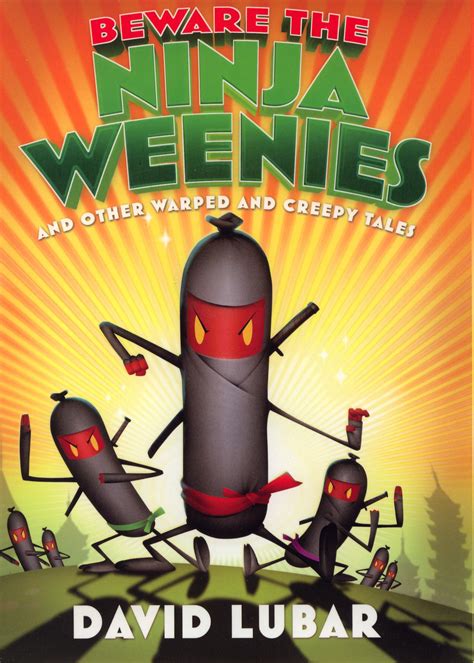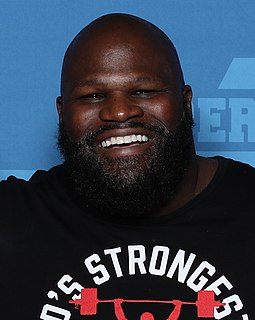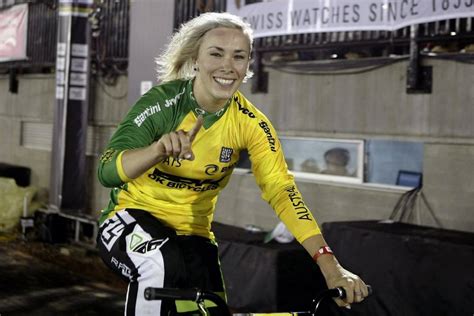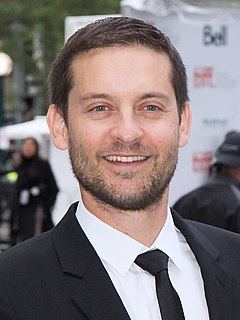A Quote by Ross W. Greene
For a very long time, people have been saying to me, "What if you want to do this approach with every kid?" For a behaviorally challenging kid, you're parenting this way just to help bring the kid's behavior under control and to greatly reduce conflict. But you want to teach all kids the skills that are on the better side of human nature: empathy, appreciating how one's behavior is affecting other people, resolving disagreements in ways that do not involve conflict, taking another's perspective, honesty.
Quote Topics
Affecting
Another
Appreciating
Approach
Been
Behavior
Better
Bring
Challenging
Conflict
Control
Disagreements
Empathy
Every
Greatly
Help
His Way
Honesty
How
Human
Human Nature
Involve
Just
Kid
Kids
Long
Long Time
Me
Nature
Other
Parenting
People
Perspective
Reduce
Saying
Side
Skills
Taking
Teach
Time
Very
Very Long Time
Want
Way
Ways
Related Quotes
I’m not saying that maybe there isn’t a kid out there whose behavior hasn’t been influenced by me in some way. I’m sure there is. But I can only speak for myself, and if you’d asked if my behavior had ever been affected by people I’d admired from afar, like musicians or footballers, that’d be a yes, totally.
I'm not saying that maybe there isn't a kid out there whose behavior hasn't been influenced by me in some way. I'm sure there is. But I can only speak for myself, and if you'd asked if my behavior had ever been affected by people I'd admired from afar, like musicians or footballers, that'd be a yes, totally. Right down to their hand gestures.
If I were involved with the NBA, I wouldn't want a 19-year-old or a 20-year-old kid to bring into all the travel and all the problems that exist in the NBA. I would want a much more mature kid. I would want a kid that maybe I've been watching on another team, and now he's 21, 22 years old instead of 18 or 19, and I might trade for that kid.
Good relationships make people happy, and happy people enjoy more and better relationships than unhappy people.... Conflicts in relationships--having an annoying office mate or roommate, or having chronic conflict with your spouse--is one of the surest ways to reduce your happiness. You never adapt to interpersonal conflict; it damages every day, even days when you don't see the other person but ruminate about the conflict nonetheless.
The vast majority of things parents and kids get in conflict over are highly predictable. We're disagreeing about the same expectations the kid is having difficulty meeting every hour, every day, every week. Because it's predictable, we can have these conversations proactively. That is very hard for people.
Empathy is like a universal solvent. Any problem immersed in empathy becomes soluble. It is effective as a way of anticipating and resolving interpersonal problems, whether this is a marital conflict, an international conflict, a problem at work, difficulties in a friendship, political deadlocks, a family dispute, or a problem with a neighbor.
